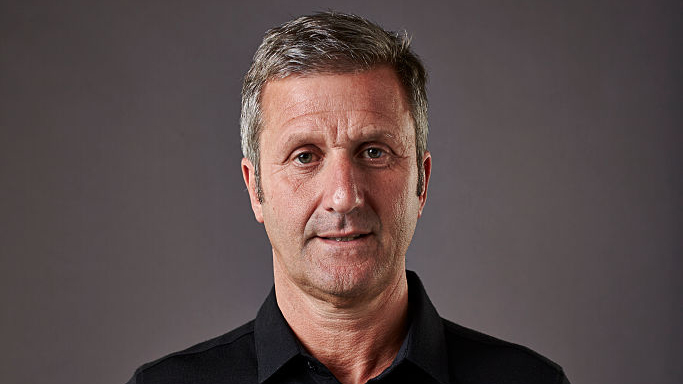Freeman now claims he destroyed the testosterone gels in tribunal
'I had not read the small print on possession of prohibited substances' says former Sky and British Cycling doctor

Richard Freeman has claimed he destroyed the testosterone gels that he ordered and had delivered to British Cycling and Team Sky headquarters in 2011.
On the second day since the resumption of his protracted medical tribunal, the former doctor for both organisations also claimed he was unaware that being in possession of the testosterone might put him in breach of World Anti-Doping Agency (WADA) rules.
After revealing on Tuesday that he destroyed a laptop containing riders' medical records, Freeman said on Wednesday that he also destroyed the testosterone, the banned substance at the heart of the tribunal, on the same day it was delivered.
It was the first time he had made the claim, which drew the attention of Simon Jackson, who was cross-examining Freeman on behalf of the General Medical Council.
"I am going to suggest that you never said that in three witness statements or any previous interview that you destroyed it that night. Why is it that?" Jackson said, according to the Guardian.
"I don’t have an answer for that," Freeman reportedly replied. "I took it home that night. This is my regret, which I keep replaying again and again. I regret it. I had no thought of an audit trail."
When the delivery of the banned substance first came to light, Freeman claimed he had returned it to the supplier and had a receipt, but he later conceded he lied to UK Anti-Doping investigators over the matter.
Get The Leadout Newsletter
The latest race content, interviews, features, reviews and expert buying guides, direct to your inbox!
Freeman has accepted that he ordered the 30 sachets of Testogel, among 18 of the 22 allegations that formed the GMC's case, but he contests the remaining four, which relate to the central charge that he ordered them 'knowing or believing' they were to be administered to an athlete.
Freeman claims the testosterone was intended to treat erectile dysfunction in former coach Shane Sutton, which Sutton has denied. According to Freeman, head of medicine Steve Peters saw the testosterone package and immediately ordered it to be removed from the premises and returned.
Jackson put it to Freeman that he had three options, the first being to return it to the supplier, the second being to secretly give it to Sutton, and the third to secretly keep hold of it and administer it to riders.
"I find that offensive in every respect," Freeman responded, according to the Guardian. "I believe in the WADA code. I introduced anti-doping to the FA, in European Golf, in football at Bolton Wanderers, to active riders at British Cycling, I have such strong views of sport and drug abuse, I find option three just offensive."
However, Freeman also said he was unaware that his possession of the testosterone may constitute a violation of the WADA Code. Jackson reportedly put it to him that Article 2.6.2 of the Code states that an 'Athlete Support Person' must not be in possession of a prohibited substance, unless there is a Therapeutic Use Exemption or 'other acceptable justification'.
"I have to confess, I had not read the small print on possession of prohibited substances. That never occurred to me," Freeman said, according to the BBC.
"You talk about this being small print Dr Freeman. It's really a headline. It's Article 2 of the WADA code. It's not small print is it? It's the whole premise of what the code's about," Jackson responded. "You did not have justifiable medical circumstances to be in possession."
Freeman replied: "I admit to poor medical judgement. I was getting, ordering and prescribing the Testogel for a man I considered my patient."
Freeman echoed the evidence he gave on Tuesday in admitting he ignored proper diagnostic procedures to effectively give Sutton medication on demand, adding that part of the reason he was frightened of the Australian was because he'd seen him "knock someone out" at a Sky training camp in Mallorca.
Cyclingnews is the world's leader in English-language coverage of professional cycling. Started in 1995 by University of Newcastle professor Bill Mitchell, the site was one of the first to provide breaking news and results over the internet in English. The site was purchased by Knapp Communications in 1999, and owner Gerard Knapp built it into the definitive voice of pro cycling. Since then, major publishing house Future PLC has owned the site and expanded it to include top features, news, results, photos and tech reporting. The site continues to be the most comprehensive and authoritative English voice in professional cycling.